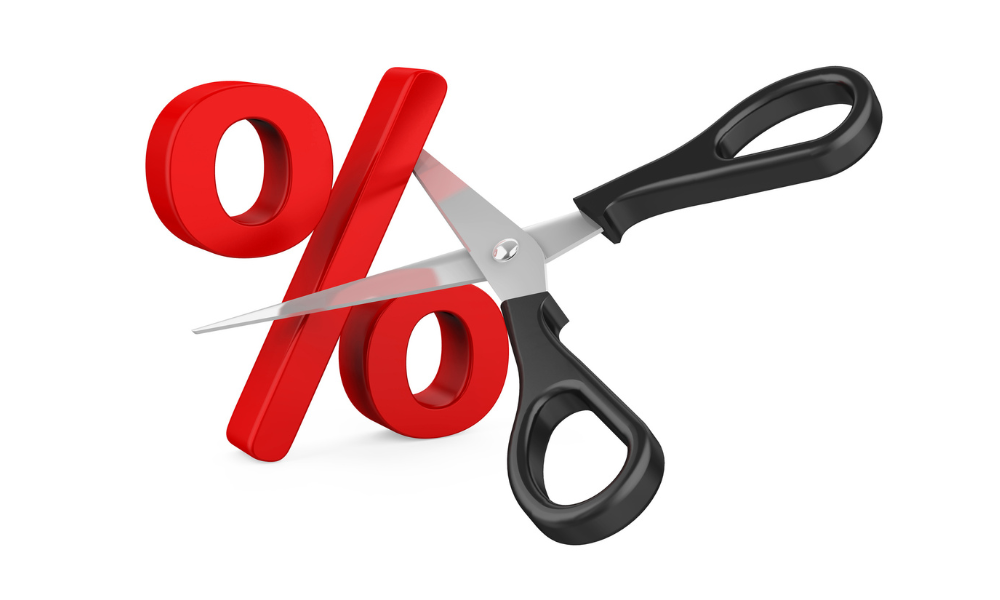Economists highlight the other indicators that would be considered by the central bank

The Bank of Canada (BoC) is expected to announce another interest rate cut on Wednesday, reducing the benchmark rate to 4.5%, according to Royal Bank of Canada (RBC) economists Claire Fan and Carrie Freestone. This would follow a similar 25-basis-point cut in June, as the central bank responded to softer inflation in June after a surprising rise in May.
The economists anticipate the BoC will cite a weakening economic backdrop and easing underlying inflation as reasons for the cut. However, they also highlighted the bank is unlikely to provide additional guidance on future rate cuts, especially given the mixed signals from recent consumer price index (CPI) readings. While core inflation measures have increased on a three-month annualized basis since April, the six-month annualized readings have continued to trend lower due to earlier declines this year.
The Q2 Business Outlook Survey has indicated further unwinding of price pressures. Fewer firms expect to implement large or frequent price increases in the next year. Business expectations for inflation and wage growth have also moderated, aligning with cooling labour market conditions as the unemployment rate gradually rises.
This trend is expected to be reflected in the Survey of Employment, Payrolls, and Hours (SEPH) data, which will be released on Thursday. Wage growth from SEPH and the job vacancy rate have returned to near pre-pandemic levels. In April, the hourly wage was up 3% from a year ago compared to 2.7% in pre-pandemic 2019, while the job vacancy rate matched the 2019 average of 3.2%. Another decline in these measures is anticipated for May.
Other indicators to watch out for
The BoC’s decision comes amid a broader economic context. In the United States, GDP is expected to have increased by 1.4% in Q2 2024, driven largely by higher household consumption, despite a decline in residential investments. Economists also noted trade deficits likely widened as rising exports did not keep pace with growing imports.
Personal consumption in June is expected to increase by 0.3%, slightly higher than May’s 0.2%. Personal income likely grew by 0.3% in June, down from 0.5% in the prior month, consistent with slower wage growth observed earlier in the payroll report.
Do you have any thoughts about this update? Let us know in the comments below.



